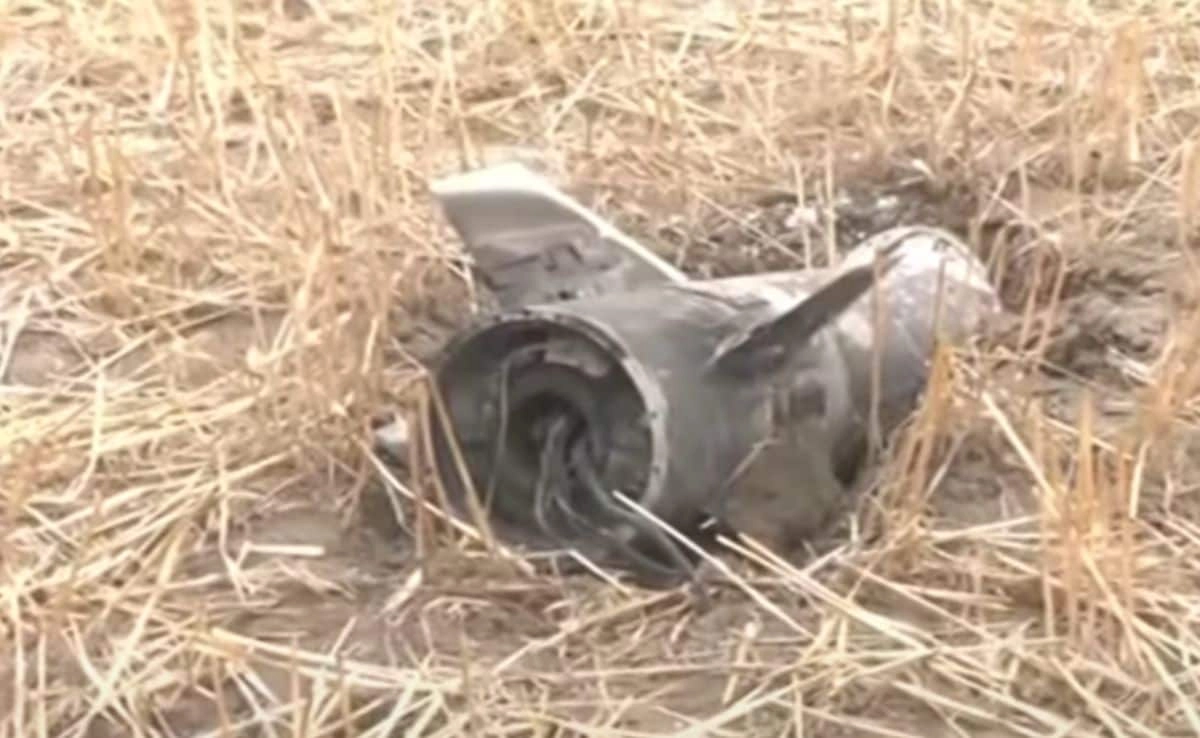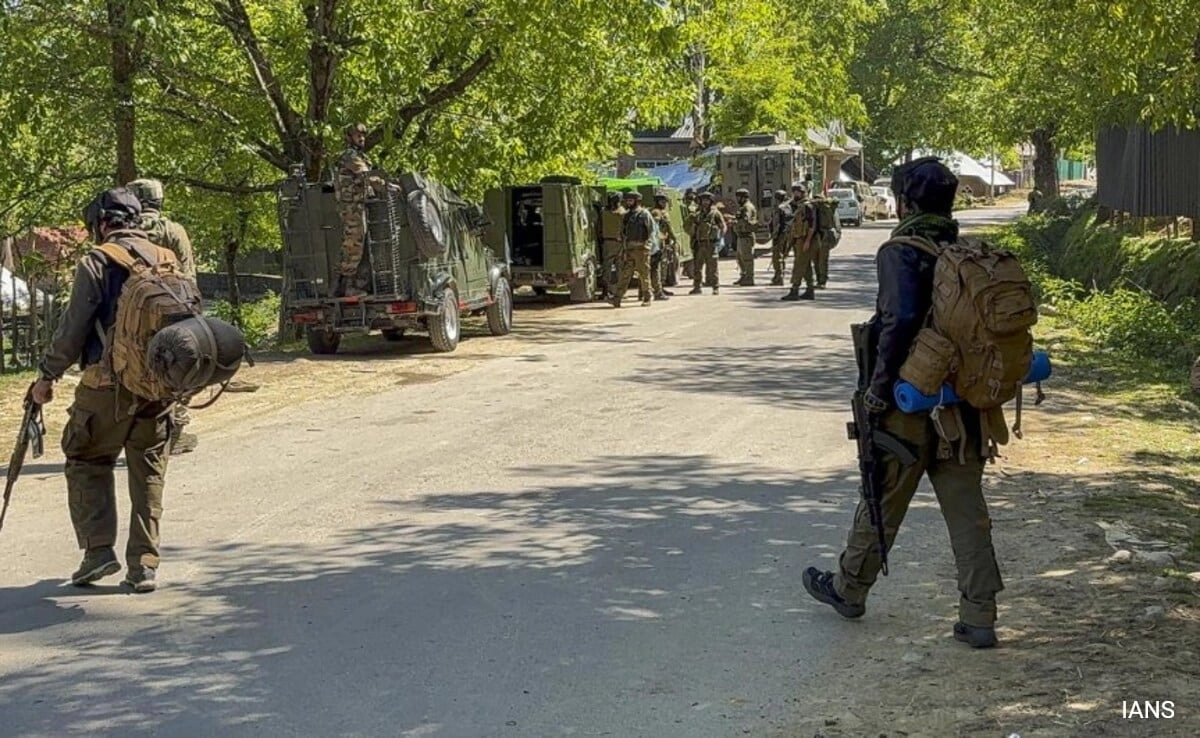A recent incident has drawn significant attention as a part of a Pakistani missile landed in Amritsar, India, following the interception of what was reported as a night attack. This occurrence raises serious questions regarding the safety and security protocols in place for managing such threats in the region. The interception itself indicates a high level of preparedness and capability within India’s defense systems, showcasing the nation’s commitment to safeguarding its airspace and protecting its citizens from potential aerial threats.
The missile fragment landing in India highlights the complexities and tensions in Indo-Pak relations, particularly concerning military engagements and aerial defense capabilities. The incident not only serves as a stark reminder of the underlying hostilities that exist but also emphasizes the technological advancements in missile defense systems that allow countries to intercept threats before they reach their intended targets. As nations continue to develop and refine their military capabilities, the potential for miscalculations or unintended consequences remains a critical concern for regional stability.
Public reactions to the incident have varied, with many expressing both relief at the interception and concern over the implications of a missile breach. The government and military officials are likely to conduct thorough investigations to ascertain the circumstances surrounding the launch and interception of the missile. This event underscores the need for continuous dialogue and diplomatic efforts to mitigate misunderstandings and reduce the risk of escalation between the two nations. As social media and news outlets broadcast information about the event, it is important for citizens to remain informed and cautious about the narratives that unfold in the wake of such incidents.
Ultimately, this situation serves as a reminder of the delicate balance that exists in the region, where military engagements can rapidly escalate and have far-reaching consequences. The need for strategic communication and international cooperation becomes more evident in the face of these tensions. As both nations navigate their military postures and diplomatic relations, the focus should be on fostering peace and stability to ensure that such incidents do not become a regular occurrence.




